GCC-Latin American Integration: A New Era of Cooperation
- Update Time : Saturday, February 8, 2025
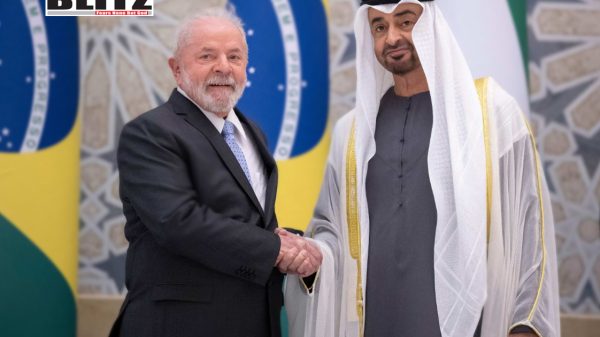
The potential for deeper integration between the Gulf Cooperation Council (GCC) and Latin America has significantly increased in light of recent global developments. The wars in Ukraine and Gaza have weakened the international system, diminishing the influence of international law and paralyzing key multilateral institutions such as the United Nations Security Council. This fragile geopolitical environment has also had a significant impact on economic relations, with multiple undeclared trade wars emerging between global powers like the United States, China, and the European Union.
US President Donald Trump’s economic nationalism, which included proposing high tariffs on Canada and Mexico along with restrictions on trade and investment, prompted many of America’s neighboring countries to seek alternative economic partners. This shift has contributed to the increasing interest in fostering economic ties between the GCC and Latin America, a process that began in 2005 but has achieved only limited success thus far.
Nearly two decades ago, connectivity between the GCC and Latin America was virtually nonexistent, with no direct air routes or shipping links and minimal trade or investment. However, this landscape has gradually evolved. Today, direct flights connect Gulf hubs with select Latin American cities, direct shipping has expanded, and two-way trade has surged eightfold to approximately $20 billion. Additionally, significant investment partnerships have begun to emerge.
Despite this progress, the full potential of integration between the two regions remains largely untapped. Combined, Latin America, the GCC, and the broader Arab world boast a gross domestic product approaching $10 trillion and a population exceeding one billion. These regions share historical and cultural connections, and numerous opportunities exist for strengthening partnerships politically, economically, and culturally.
Now is an opportune moment to capitalize on these opportunities. Although trade between the GCC and Latin America has grown, it still accounts for less than 0.2 percent of the regions’ combined GDP. The primary trade link remains the GCC’s engagement with Brazil, an outcome largely attributed to President Luiz Inácio Lula da Silva’s diplomatic initiatives. His efforts began in 2005 with the inaugural Arab-South American Summit in Brasília and continued through high-level visits, trade exhibitions, and strategic dialogues that established enduring economic and political ties.
Subsequent negotiations resulted in a GCC-MERCOSUR agreement, as well as trade discussions with countries such as Mexico, Argentina, Peru, and Chile, alongside engagement with regional organizations such as the Community of Latin American and Caribbean States (CELAC) and the Association of Caribbean States (ACS). However, beyond Brazil, the outcomes of these engagements have remained modest.
With the global political system in disarray, ongoing trade wars, and increasingly insular U.S. policies, countries are looking to strengthen regional and inter-regional economic blocs. A recent GCC-Latin America forum involving policymakers and experts underscored several strategic initiatives to bolster integration, highlighting three key areas: political dialogue, trade and investment, and tourism and cultural exchanges.
Effective political dialogue is vital to guiding the integration process and ensuring long-term success. In 2005, President Lula played a pivotal role in initiating engagement between the GCC and Latin America. However, sustaining strategic discussions at various levels-including heads of state, ministers, senior officials, and experts-will be crucial for maintaining momentum.
Expanding the scope of political dialogue could help create joint strategies for tackling global geopolitical challenges, such as increasing polarization, terrorism, and transnational crime, including drug trafficking. Strengthened political collaboration would also lay the groundwork for coordinated economic policies and enhanced security cooperation.
Numerous studies by the GCC, the Inter-American Development Bank, and independent think tanks have highlighted vast economic opportunities between the two regions. To unlock these opportunities, structured trade and investment dialogues must be established to facilitate information sharing and reduce regulatory barriers. Business-to-business engagements will be essential to identifying promising investment prospects, while official negotiations can address existing trade restrictions and regulatory constraints.
Transportation connectivity remains a major hurdle. While air links between GCC countries and select Latin American cities have expanded over the past two decades, coverage remains insufficient. Increasing direct flights and shipping routes, particularly to the Caribbean, is necessary for enhancing trade efficiency. Moreover, infrastructure investment presents another lucrative avenue, with companies from both regions having the potential to collaborate on developing transportation hubs, roads, airports, and seaports.
Investment in agriculture, energy, and technology is another promising area. Latin America is rich in natural resources and agricultural products, while the GCC has vast financial resources and energy expertise. Joint ventures in agribusiness, renewable energy, and digital transformation projects could prove mutually beneficial.
Stronger cultural and people-to-people ties would further reinforce economic and political collaboration. Despite the introduction of direct flights, travel between the GCC and Latin America remains relatively low. Easing visa requirements or establishing visa-free travel agreements could significantly boost tourism and business exchanges.
Cultural exchanges have increased in recent years, but much more can be done. Both regions possess thriving arts and heritage sectors, as well as shared historical ties through migration and trade. Enhanced funding for cultural initiatives and academic partnerships could strengthen interpersonal connections and foster greater mutual understanding.
One of the biggest challenges in sustaining GCC-Latin America integration is the lack of a robust institutional framework to oversee and coordinate efforts. When President Lula left office in 2011, engagement between the regions suffered setbacks, highlighting the need for a permanent mechanism to maintain progress. Political changes in Latin America, including periodic shifts in leadership and policy direction, have also impacted the consistency of engagement.
Establishing a dedicated institutional structure-such as a GCC-Latin America Cooperation Council-could ensure continuity, facilitate long-term planning, and provide a forum for addressing trade and investment barriers. Such an institution could help navigate potential political disruptions and maintain strategic focus on integration efforts.
The GCC and Latin America have the potential to develop a strong, mutually beneficial partnership across various sectors. By fostering deeper political dialogue, enhancing trade and investment frameworks, and expanding cultural exchanges, both regions can capitalize on their respective strengths and drive sustained economic growth.
The current global landscape, characterized by shifting alliances and growing economic nationalism, presents an opportunity for both regions to recalibrate their international engagements. Strengthening GCC-Latin America ties is not just an economic necessity but also a strategic imperative for ensuring resilience in an increasingly uncertain world.




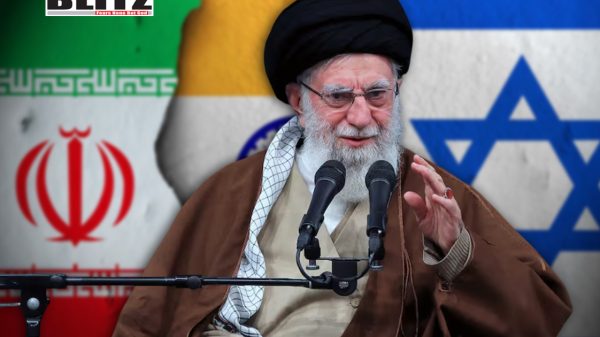

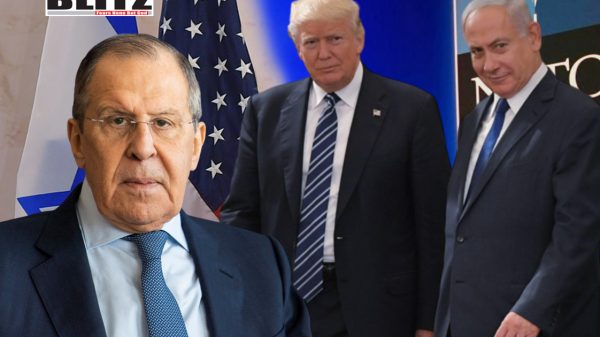
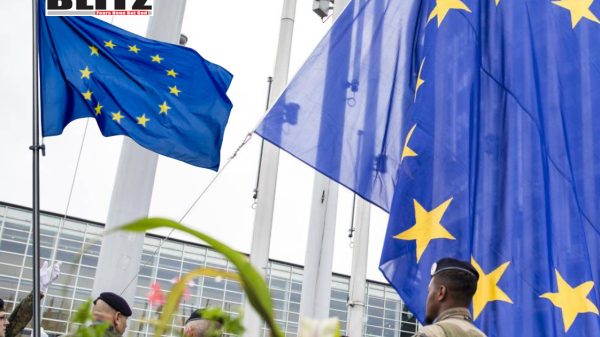
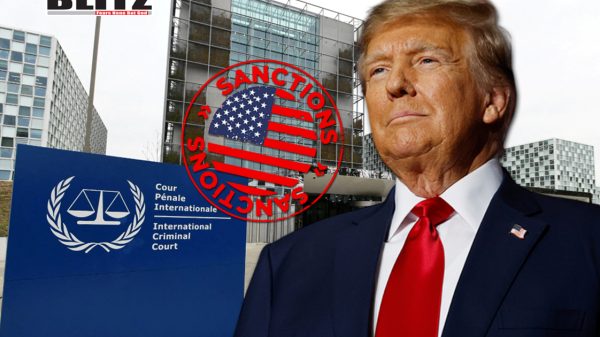


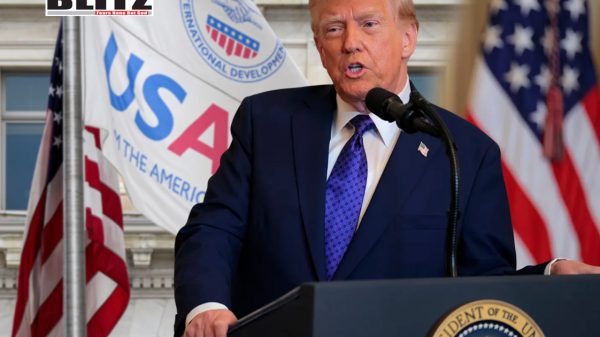
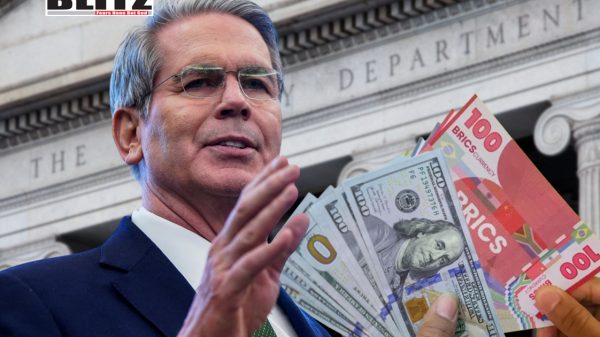


Leave a Reply